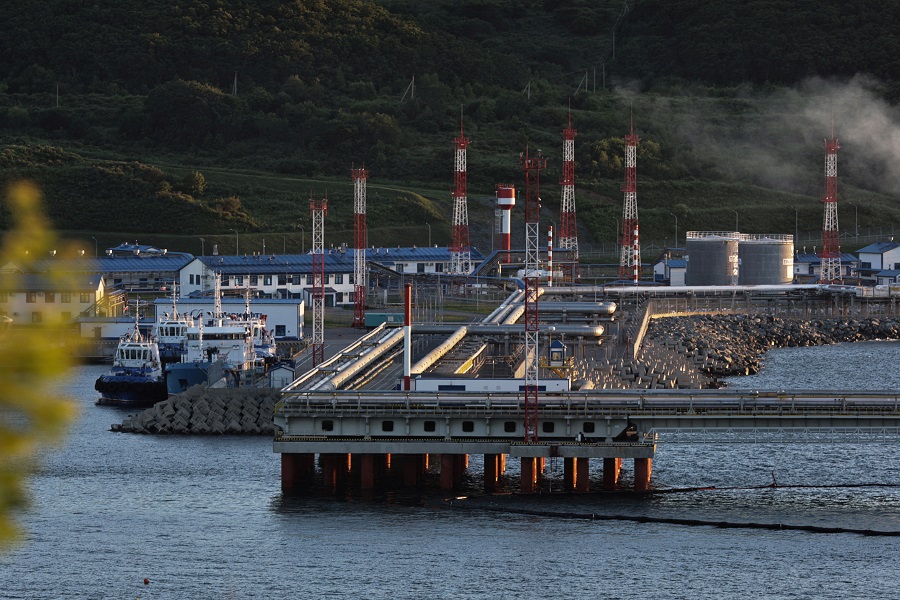
Oil prices edged lower in Asian trading on Thursday, after a surprise jump in U.S. gasoline stocks ahead of the nation's Thanksgiving holiday sparked worry over demand in the top consumer of the motor fuel.
Brent crude futures fell by 4 cents, or 0.1%, to $72.79 per barrel by 0220 GMT, while U.S. West Texas Intermediate crude futures were a cent lower at $68.71 a barrel.
Trading is expected to be light due to U.S. holiday.
U.S. gasoline stocks rose 3.3 million barrels in the week ended on Nov. 22, the U.S. Energy Information Administration (EIA) said on Wednesday, countering expectations for a small draw in fuel stocks ahead of record holiday travel. [EIA/S]
Oil analysts had expected U.S. gasoline stocks to decline by 46,000 barrels last week, according to a Reuters poll ahead of the EIA report.
Slowing fuel demand growth in top consumers the United States and China has weighed heavily on oil prices this year, although supply curtailments from OPEC+, which groups the Organization of the Petroleum Exporting Countries with Russia and other allies, have limited the losses.
Two sources from the producer group told Reuters on Tuesday that OPEC+ members are discussing a further delay to a planned oil output hike that was due to start in January. The group is to meet on Sunday to decide policy for the early months of 2025.
The group, which pumps about half the world's oil, had previously said it would gradually roll back oil production cuts with small increases over many months in 2024 and 2025.
Oil prices came under pressure this week from Israel's agreement to a ceasefire deal with Lebanon's Hezbollah group. The ceasefire started on Wednesday and helped ease concerns that the conflict could disrupt oil supplies from the top producing Middle East region.
Market participants are uncertain how long the break in the fighting will hold, with the broader geopolitical backdrop for oil remaining murky, analysts at ANZ Bank said.
Oil prices are undervalued due to a market deficit, heads of commodities research at Goldman Sachs and Morgan Stanley warned in recent days, also pointing to a potential risk to Iranian supply from sanctions that might be implemented under U.S. President-elect Donald Trump.
